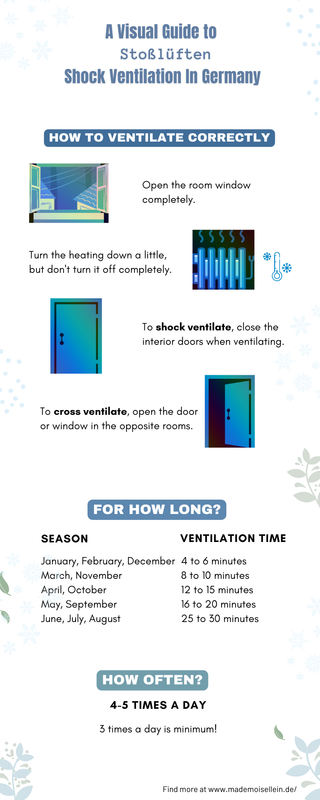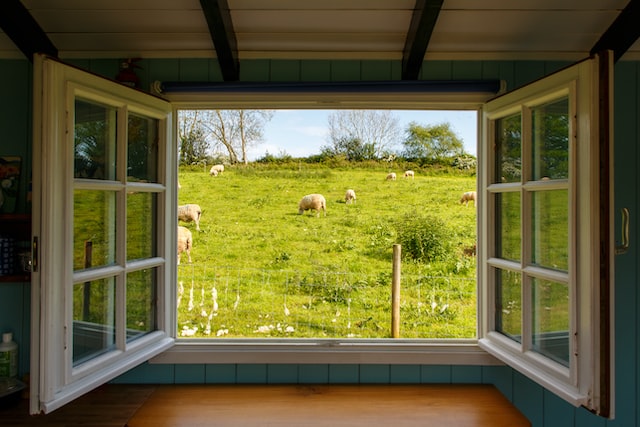
Stoßlüften Explained: Shock Ventilation In Germany
Top Takeaways From This Post
Last updated on February 13th, 2023 at 11:27 am
Besides the most talked about Stoßlüften aka shock ventilation in Germany; cross-ventilation, single room ventilation or tilted windows ventilation are other acceptable ways to ventilate. Here is a guide to correctly air out your home in Germany.
If you are new in Germany, here is the most important thing to learn: ventilation is a serious business in Germany.
Ventilating your house might be considered common sense in the rest of the world, something that people just do without putting much thought into it.
Germans take it to the next level. It is down to a system. This social practice is a topic of intensive research, with dedicated case studies, detailed diagrams, immaculate charts and whatnot.
Why should you ventilate your home in Germany?
What is the big deal about airing out your home in Germany? There are some good reasons for it, namely:
It promotes an optimal indoor environment
aka optimale gesundes gemütliches Wohnklima, which Germans swear exists between 19 – 21 degrees.
Humans in western industrial nations spend about 90% of their lives indoors so clean, pollutant-free indoor air is an essential point for health and well-being.
Every day a person breathes in and out 15,000 to 20,000 times and in the process, exhales 5 to 20 litres of CO2 per hour. In addition to this, breathing and sweating emit up to 100 grams of vapours per hour.
Then there are pollutants that accumulate in the indoor air; pet or human hair and dander, cat litter dust, spores from indoor plants, effusions from textiles and cleaning agents or increased dust pollution. Unfresh indoor air can affect your cardiovascular system in the long run and cause sluggishness, headaches and concentration problems.
Regular shock ventilation can effectively replace stale indoor air and fill your home with fresh pollutant-free air.
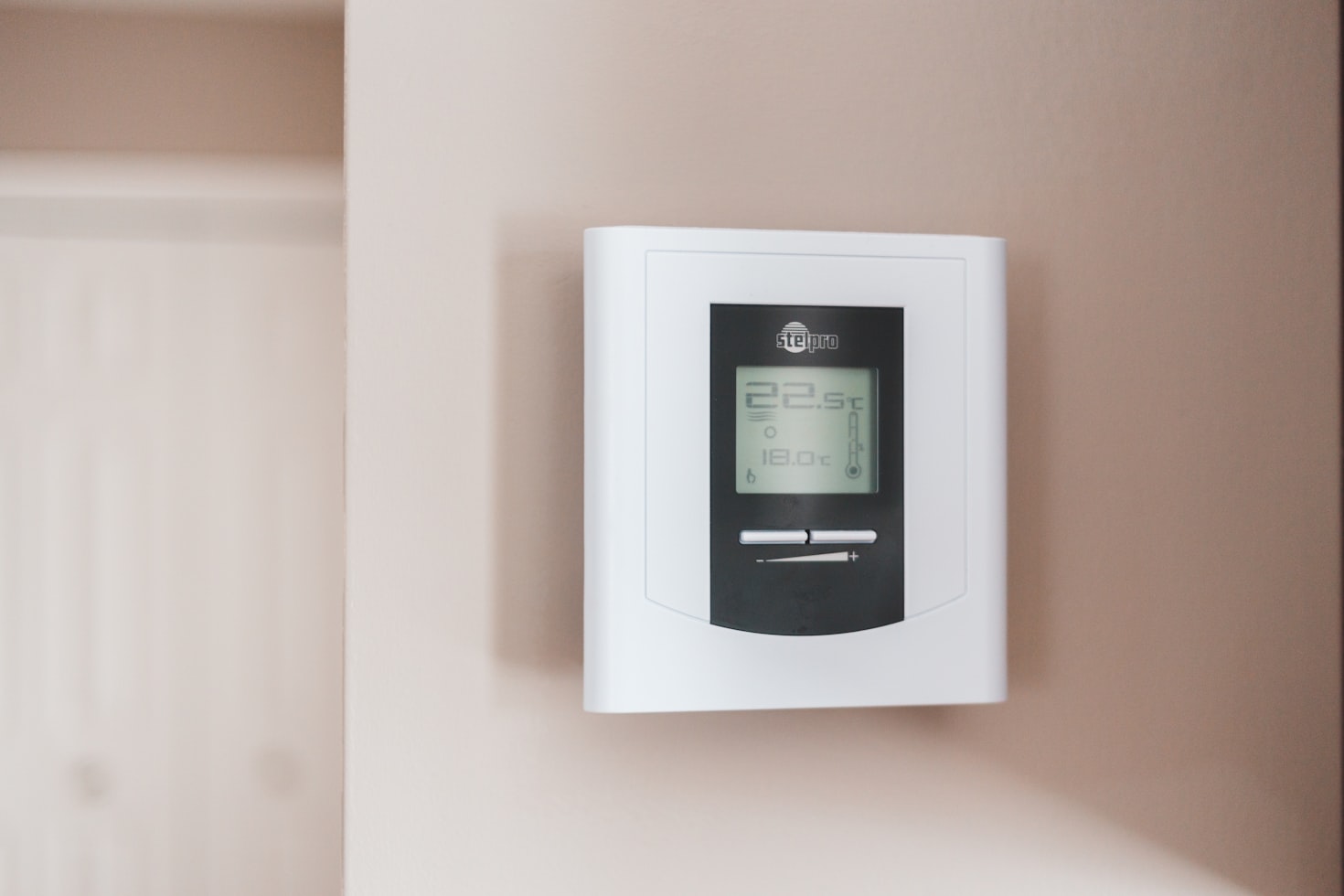
It prevents mould
According to the Verbraucherzentrale, a four-person household will create about twelve litres of moisture per day. Combined with central heating during winter months in Germany, this can lead to mould build-up.
Have you ever woken up in your apartment with condensation on the windows in Germany? Yes, that is the moisture in the indoor air that can lead to mould.
This excessive humidity in the indoor air should be removed regularly to avoid moisture damage and to prevent mould in Germany.
If you do not have an automatic ventilation system, the damp air must be replaced manually. Regular shock ventilation in Germany is the most effective way to do this.
For homeowners in Germany, this can save a lot of mould-related damage. Remember that, as a tenant, YOU are responsible for regularly airing out your apartment and preventing mould build-up in Germany. Otherwise, your landlord may demand the cost of mould removal from you.
PRO TIP: Use mini digital hygrometers to monitor humidity levels in your home.
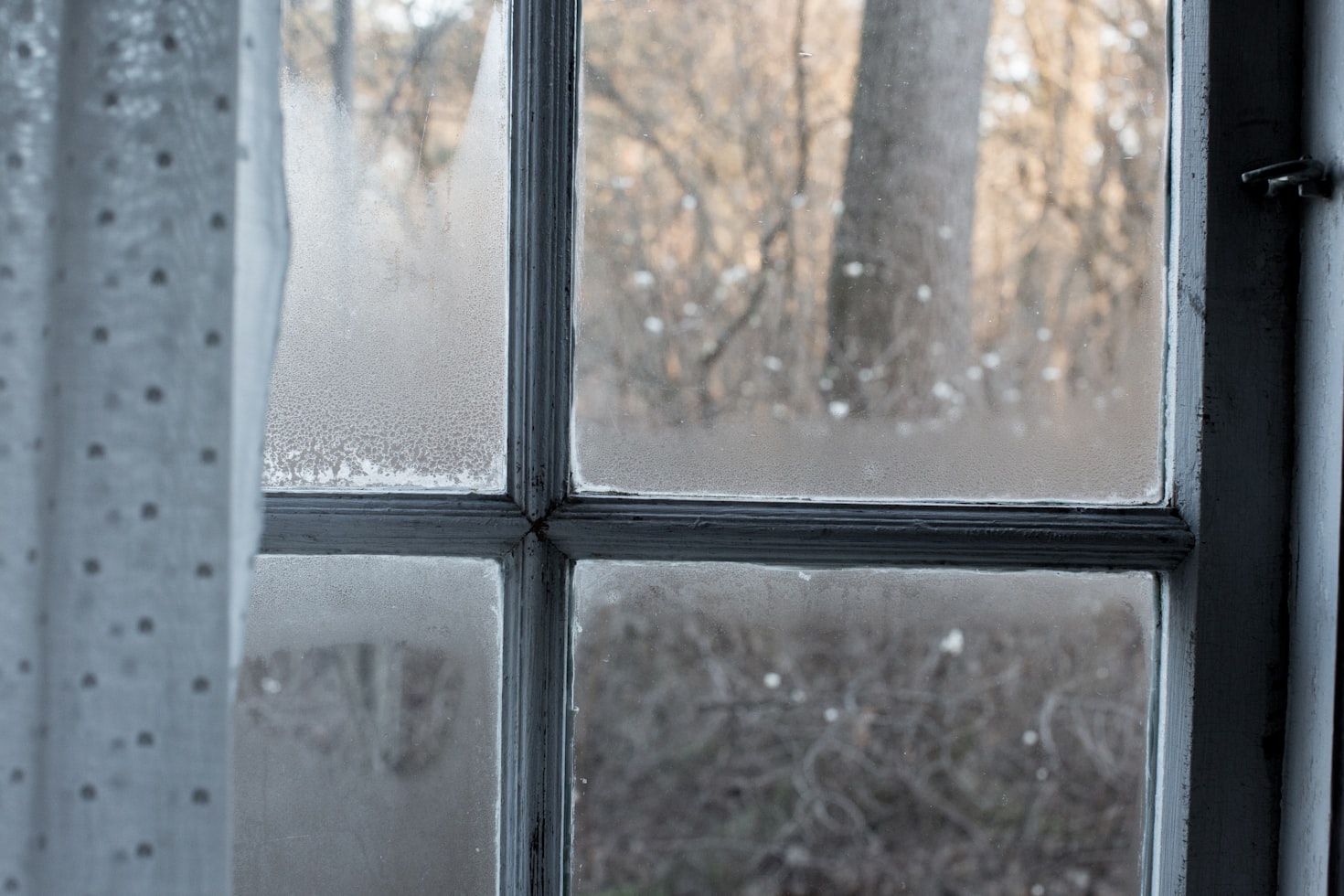
How to regulate indoor humidity in Germany
Getting rid of indoor humidity is essential to prevent mould in Germany. Higher indoor humidity creates an environment for dust mites and mould, which are the most common triggers for asthma and allergy.
On the other hand, humidity is also important for human health. Central heating drops the air humidity to under 30 per cent.
Breathing such dry air over a long time can irritate respiratory ailments, and in some cases lead to asthma, bronchitis, the common cold, the flu and even nosebleeds. Eczema can be exacerbated and dry skin can also be uncomfortable.
This is why you should monitor relative humidity levels inside your home in Germany.
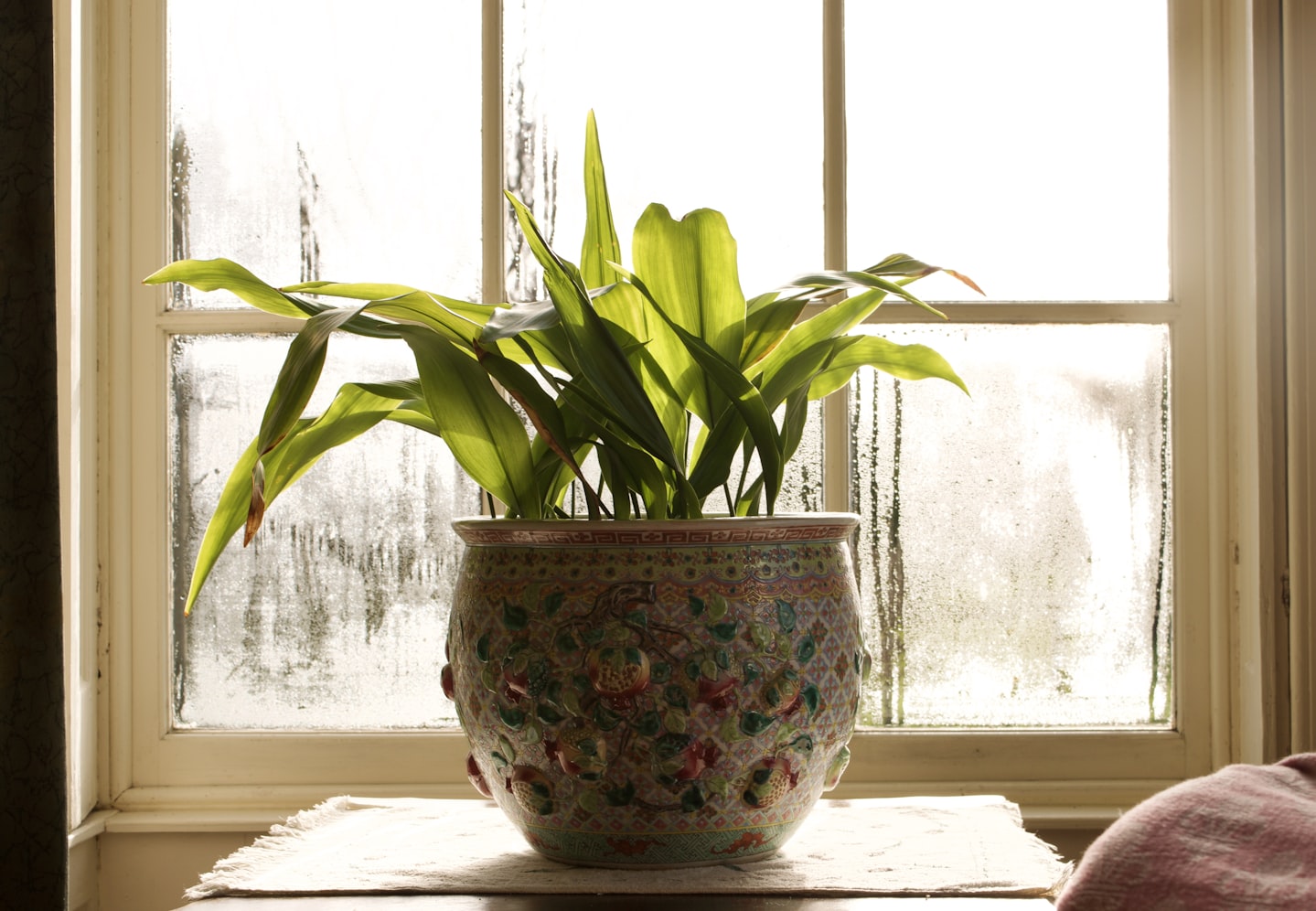
That’s where a hygrometer comes in. A hygrometer is a cheap and convenient way to monitor indoor humidity in your home.
Digital hygrometers are small enough to fit in a pocket and usually come in a multi-pack so you can get one for each room in your apartment. Some hygrometers are also smart and connect via wifi to a smartphone app.
If you are a bit tech-savvy, you can go one step further. Create a DIY smart heating system and combine smart heater regulators for automatic regulation of temperature and humidity inside your home.
Here are some of my recommendations:
- Pack of 4 Mini LCD Digital Thermometer/ Hygrometer
- Pack of 6 Analogue Thermometer/ Hygrometer
- Programmable smart radiator thermostat
I keep a hygrometer in closed rooms such as the bedroom, and home office and two in the living room. This way I have an overview of the room temperature and humidity levels at all times – two of the most important readings in the winter.
A level between 30 and 40 per cent humidity is ideal for keeping your home warm and comfortable in the winter, without accumulating condensation on the windows. In the summer, higher levels of 50 to 60 per cent are more comfortable.
The best relative humidity for sleeping can be lower around 30 – 35 per cent since the bedrooms tend to get humid over the course of the night. Regardless of the various studies, 60% seems to be the threshold for indoor humidity levels.
Once you notice high humidity levels on your hygrometer or condensation on the windows it is time to properly air out your apartment.
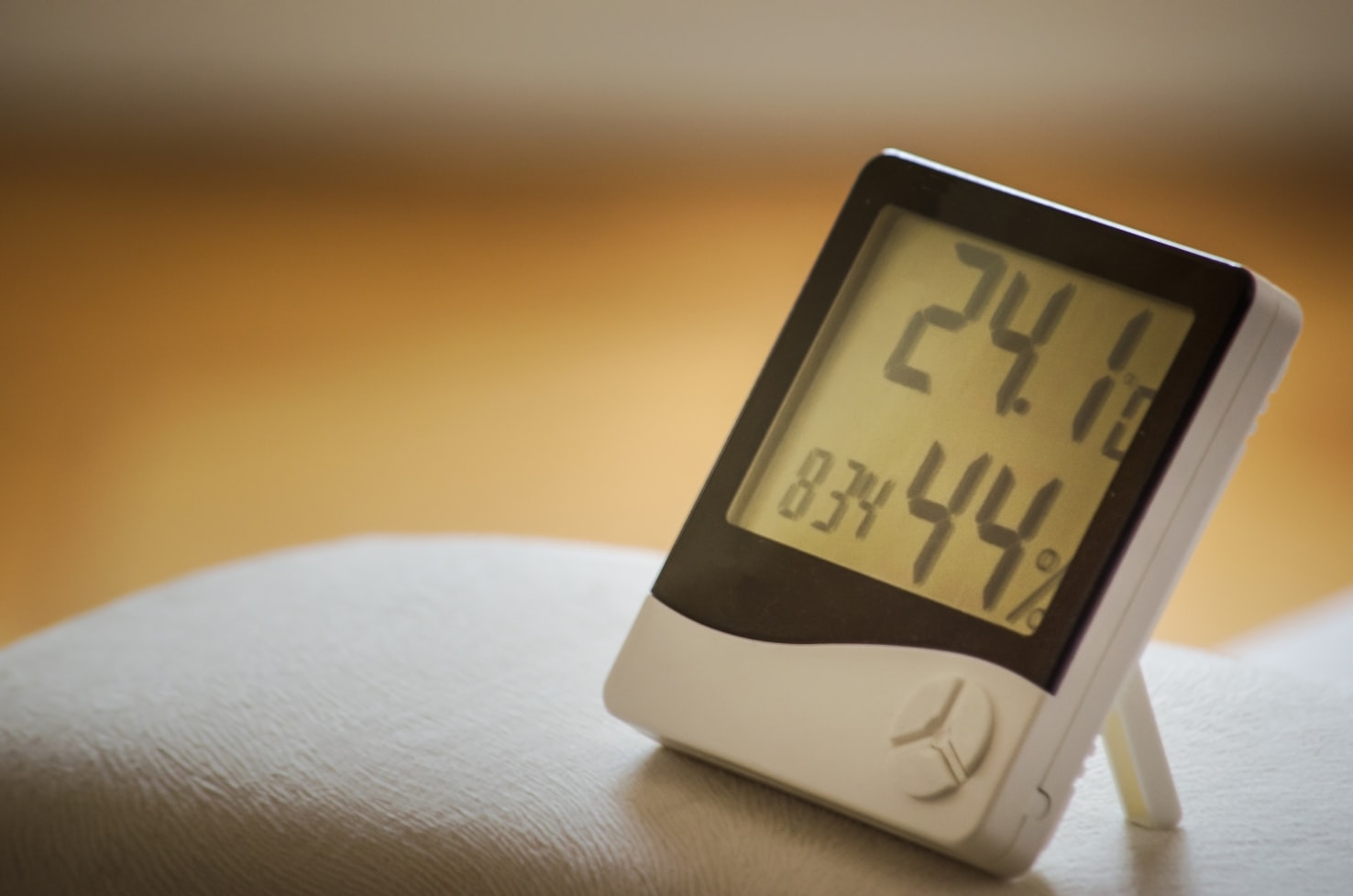
Methods of ventilating your home in Germany
Anyway, ventilating in Germany does not just mean you open the window for a few minutes, and then close it. There is a German way of ventilating your apartment and that is the correct way. Stoßlüften? Querlüften? Einzelraumlüften? Fenster kippen? How should you air out your home in Germany?
Shock ventilation (Stoßlüften)
You might have heard the word Stoßlüften, maybe a little more frequently during wintertime in Germany.
Stoßlüften means shock ventilation in English. This is a highly recommended way of ventilating your home during the winter season in Germany.
Typically people tilt their windows to ventilate their homes in Germany. This, however, is considered an inefficient way to air out your apartment.
With shock ventilation, the windows of rooms are opened completely for several minutes to replace the stale indoor air with fresh air. This ensures a faster exchange of air. Through shock ventilation in Germany, stale air is replaced by fresh air, and humidity and pollutants are removed.
Cross ventilation (Querlüften)
I believe most of us are already familiar with cross-ventilation. It means opening all windows AND doors of the living unit completely. This creates a rapid drought of air and the damp, stale indoor air is quickly replaced with dry, fresh outdoor air.
Cross ventilation in Germany is just shock ventilation with extra steps.
The best way to cross-ventilate is to open the windows on the opposite side of the front door to the outside as well. If you live on an upper floor and have a balcony, you can also open the balcony door completely.
This way two rooms with open windows, each on the opposite side of the house are ventilated at the same time. This reduces the ventilation time to about one to five minutes.

Single room ventilation (Einzelraumlüften)
Single-room ventilation is only done room by room. It is just a mini version of shock ventilation. You can shock-ventilate a single room if you do not want to ventilate the entire living space five times a day and lose the warmth from the heaters.
The bedroom in the morning, and the bathroom after a shower should be ventilated properly to avoid mould building up and let the fresh air inside.
By shock ventilating one room at a time, you can keep your apartment from cooling down multiple times a day and maybe even save up on some of your heating bills.
Tilted windows ventilation (Fenster kippen)
This simply means ventilating your home by tilting your windows open. Tilting window ventilation is not considered an efficient way to air out the apartment during winter. This is because it takes far longer to replace the indoor air with fresh air from the outside.
It is even when worse when you leave the heating on while ventilating your apartment. The warm air from the radiators rises and is lost without fresh air coming in.
When you leave the window tilted open and close the room’s door, it will take 30-75 minutes to air the room. If you sleep with a tilted window, however, the humidity built up inside the room can dissipate over the course of the night.
If you sleep with a closed window, your bedroom should be aired the next day with shock ventilation.
Shock ventilation (Stoßlüften) Explained
I read a number of online sources to find out the best and the most frequently recommend ways to shock ventilate.
How to correctly shock ventilate in Germany
Now the question is how to properly air your apartment using shock ventilation in Germany. Follow these five steps for effective shock ventilation in Germany:
- Open your curtains or shutters completely.
- Open the window completely.
- Turn the heating down a little, but don’t turn it off completely.
- To shock ventilate, close the interior doors when ventilating.
- To cross-ventilate, open the door or window in the opposite rooms.
How long should you shock ventilate your home in Germany
Believe it or not, there are several guidelines for the duration of shock ventilation in Germany.
January, February & December: ca. 5 minutes
March & November: ca. 10 minutes
April & September: ca. 15 minutes
May & October: ca. 20 minutes
June, July & August: ca. 25 minutes

How often should you ventilate your home in Germany
According to energie-fachberater, the frequency of shock ventilation in Germany depends on the room and the amount of humidity in the air and the preference of the occupants.
- Shock-ventilating your home three times a day is the absolute minimum! Even when you are not at home during the day, you should still air the house at least three times a day.
- At weekends or when you are home, you should ventilate more often, at least four to five times a day.
- If your house is well insulated and/or has modern windows installed, you must ventilate more often, as air-tight windows block any air circulation.
- Always shock ventilate the kitchen and bathroom after cooking and showering, and the bedroom after getting up. These rooms are the hot spot for mould built up and daily ventilation is the easiest way to prevent mould in Germany.
How to ventilate in winter without losing heat
While shock ventilating is absolutely necessary to bring in fresh air indoors and to prevent mould in Germany, it might seem a little excessive to ventilate the entire apartment four-five times a day only to lose heat and warmth every time, especially during subzero temperatures.
I don’t know about you, but with the rising heating bills this winter, I am certainly concerned about heating costs. We aim to keep our apartment at a comfortable room temperature of 19 – 21 degrees but with multiple ventilations, we struggle to even go above 18 degrees!
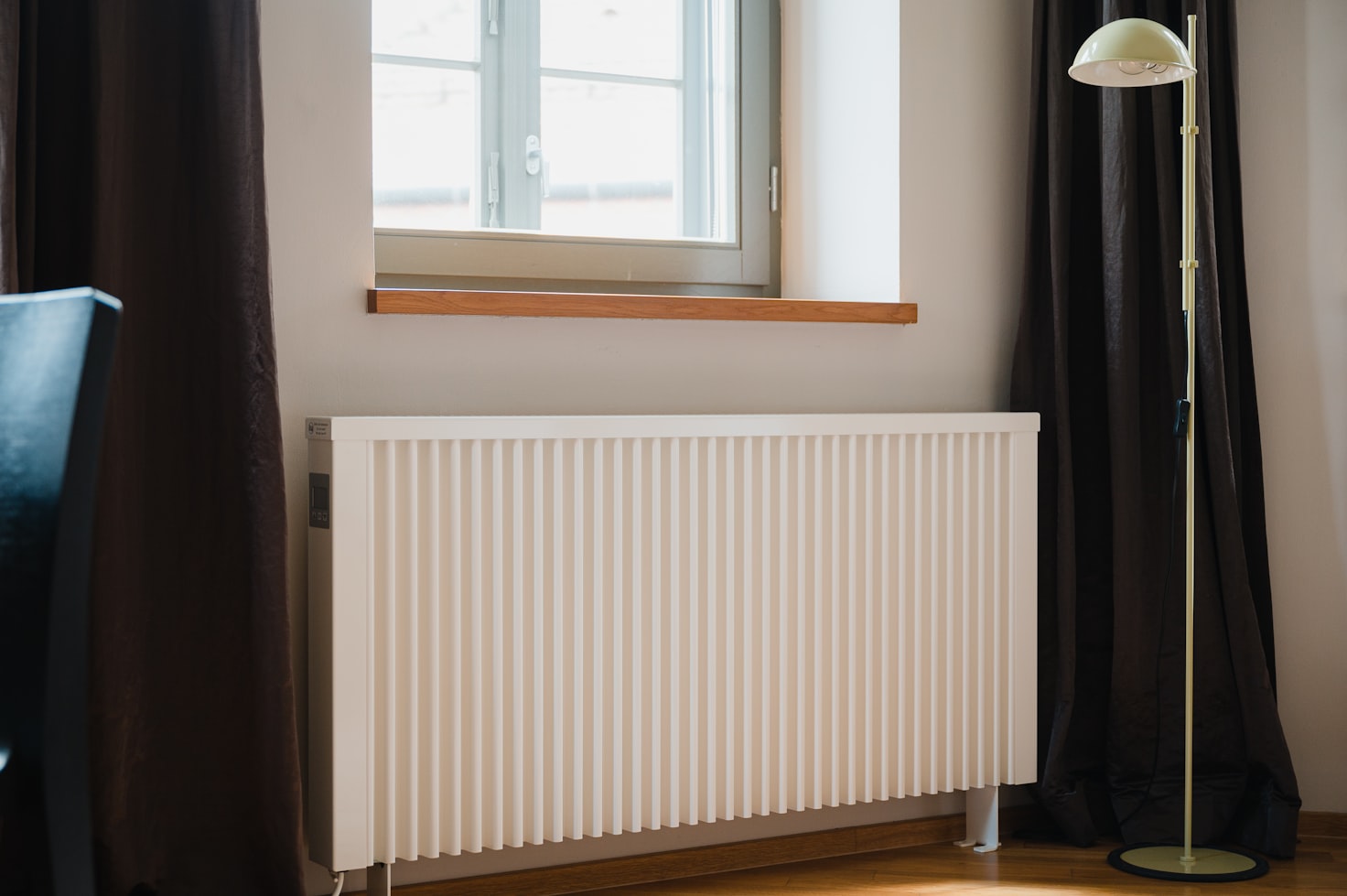
Here is how I shock ventilate our apartment in Germany during the winter time and minimise loss of heating:
-
Shock ventilation of bedroom and home office with closed doors every morning. This way the warmth in the rest of the apartment does not escape.
-
Ventilation of the bathroom after every shower.
-
Cross ventilation of the entire living area after every cooking session.
-
Shock ventilation of the winter garden with closed doors twice each day.
-
We turn down the heating in the bedroom at night and sleep on a heated mattress pad which keeps our bed toasty warm. I am yet to find any condensation on our bedroom windows.
-
Cover your window with a thermal isolation foil to trap as much heat as possible. DO NOT cover every window though! If a room has two or more windows, leave at least one without the thermal foil. Window panes are the coldest surface of the room and this way indoor moisture accumulates on to glass surface (which is easier to clean up) than on an obscure corner of your room.
- Consider investing in a dehumidifier if you persistently have problems with mould build-up despite regular ventilation.
With these measures, our apartment gets fresh air circulated around and humidity goes out of the window every day. At the same time, we are able to keep in the warmth and reduce the waste of heat energy!
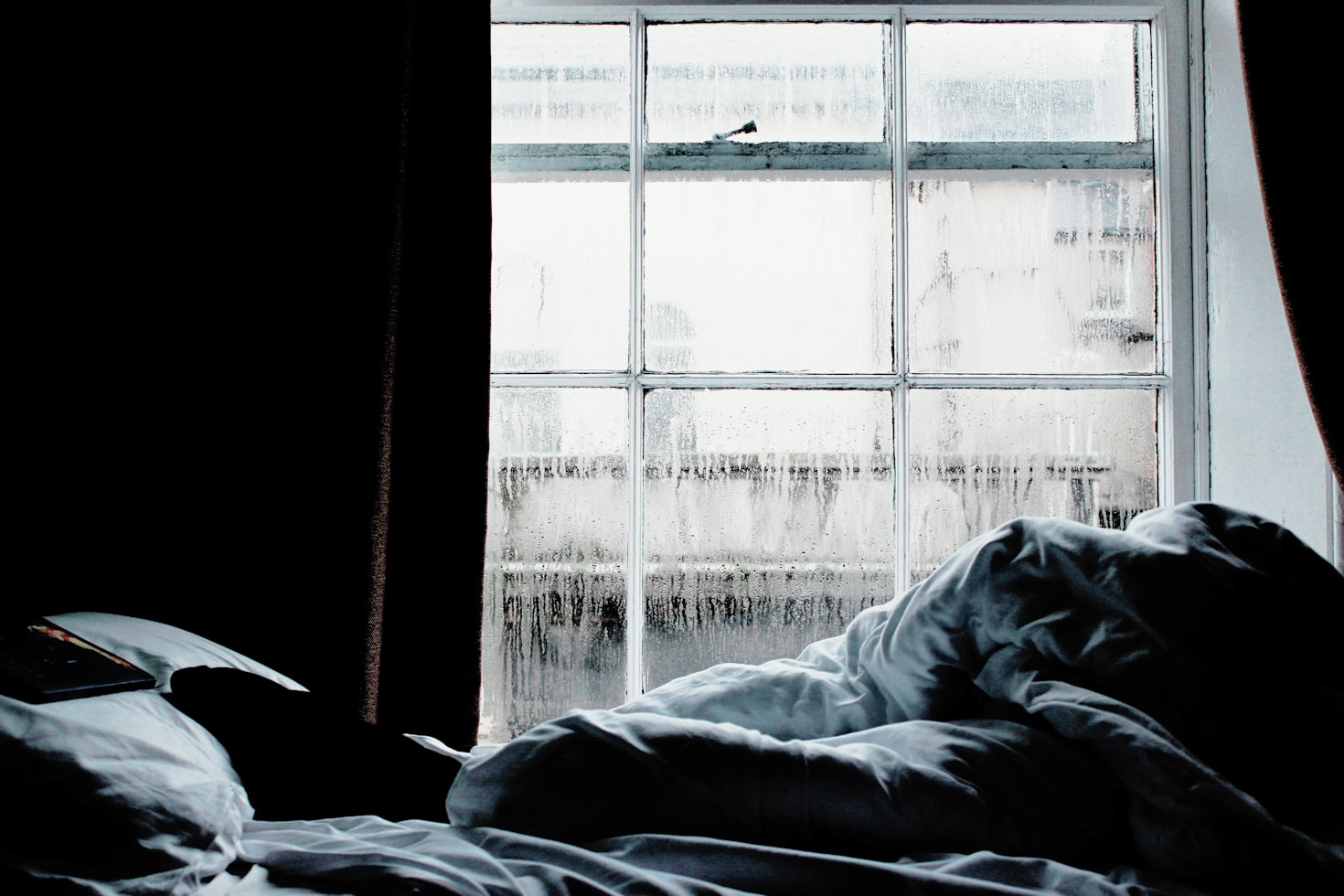
Title Photo by Ian Taylor on Unsplash
Disclosure: Some of the links contained in this article are affiliate links, meaning we receive a small commission for any sales resulting from these clicks. This has no bearing on the price of the product or service. Thank you for supporting us – we appreciate it!


